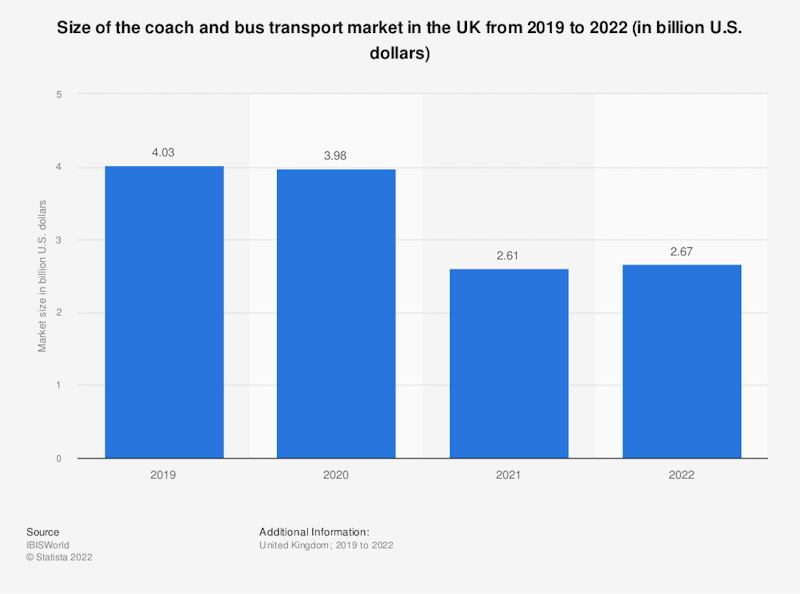In the News
UK bus price cap scheme is extended

19th December 2022
The government are introducing and funding a price cap - limiting the cost of bus journeys in certain locations to £2 per single journey. The cap will run from January 1 to March 31. This means that whereas previously the trip between Middlesbrough and Newcastle would cost £8, it's now £6 cheaper.
This is part of a package of measures to reduce the cost of living, although critics suggest that it is only a partial solution to the problem. Indeed, in some urban areas, notably Manchester, Liverpool and West Yorkshire, the £2 price cap is part of a longer-term scheme.

Graham's insights
The Guardian in this editorial sees the introduction of subsidies to lower single bus fares to a maximum of £2 as money well spent. It will offset the cost of living crisis, encourage increased us of public transport, and, in theory reduce emissions.
However, how would you go about evaluating this? Aside from the equity implications, how many people will switch from their cars to public transport? What will determine this? And will they stay with public transport when fares subsequently rise? And how much will carbon emissions fall? And then you have to consider the opportunity cost of all of this?
So is this good economics? Only time will tell...
You might also like
Buffer Stock Schemes (Government Intervention)
Study Notes

Wearable tech - the new 'merit good'?
19th August 2015

India: New Roads Lift Productivity
10th March 2016
Monopoly Price Cap MCQ Revision Question
Practice Exam Questions

UK bans microbeads
9th January 2018
Madrid bans polluting cars from the city centre
1st December 2018
Rail fares by 2.7% - fair for rail users?
3rd January 2020

Why Electric Planes are Inevitably Coming
19th June 2021
Daily Email Updates
Subscribe to our daily digest and get the day’s content delivered fresh to your inbox every morning at 7am.
Signup for emails